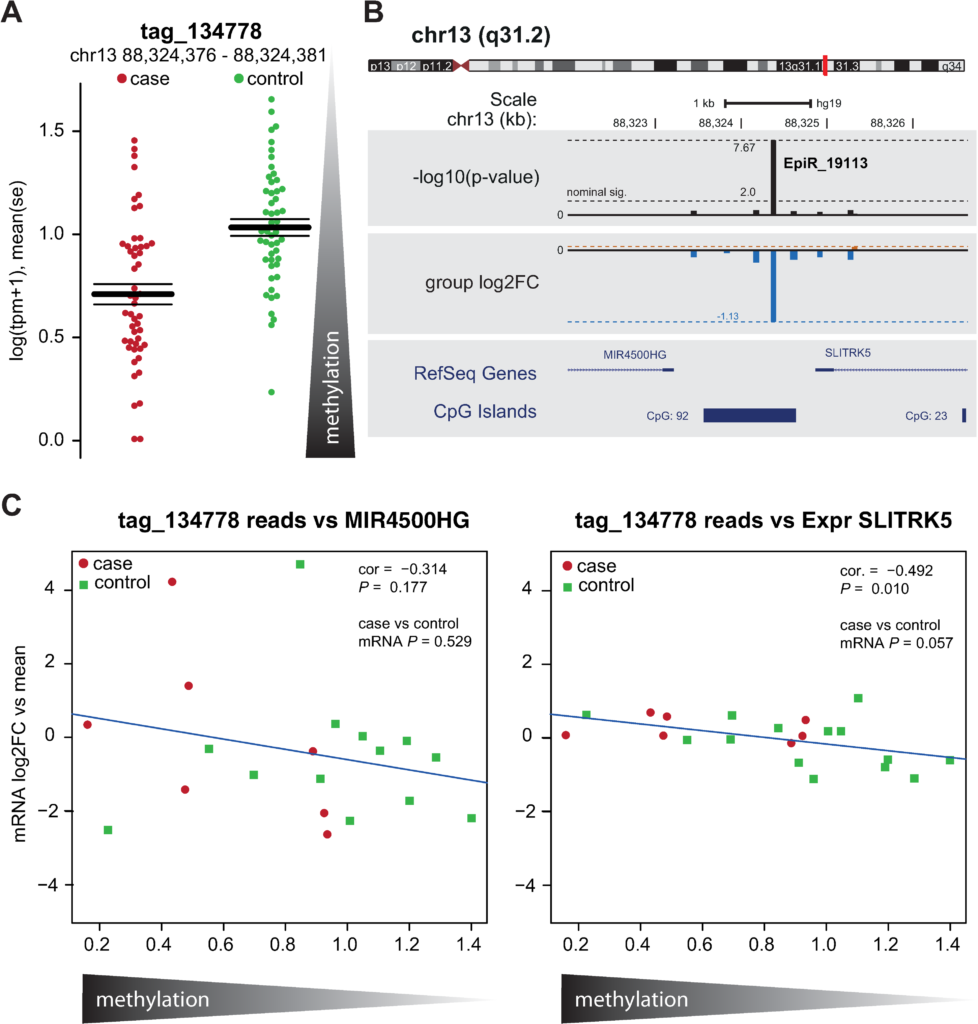Genetic and epigenetic factors of female conduct disorder
Our clinic is currently conducting a Europe-wide study to research social behaviour disorders in girls. The special focus of this study is on emotion processing, neurobiology and therapy of conduct disorders (CD). This disorder can negatively affect the development and well-being of affected children and adolescents as well as their families, caregivers and teachers. However, research to date has mostly focused on investigating the causes, course and treatment options for boys with CD. Although CD is more common in boys than girls, approximately one to three percent of girls also suffer from it, and the number of girls with CD in Western societies such as the EU has increased significantly in recent years. A total of 17 research institutes from eight EU countries are participating in the large-scale study. The aim of the study is to better understand social behaviour disorders and to identify possible differences between boys and girls with CD and healthy control subjects in order to develop improved treatment options.
The molecular genetics laboratory is investigating which genetic and epigenetic factors influence the risk of conduct disorders (CD) in girls and whether these correspond to the risk factors described for boys. On the one hand, we are investigating the effect of environmental factors such as smoking during pregnancy in interaction with known genetic variants as a cause of CD. Secondly, we are searching genome-wide for patterns of differential methylation of DNA (epigenetics) in female patients and healthy girls.
Publications
Chiocchetti AG, Yousaf A, Waltes R, Bernhard A, Martinelli A, Ackermann K, et al. (2022) The methylome in females with adolescent Conduct Disorder: Neural pathomechanisms and environmental risk factors. PLoS ONE 17(1): e0261691. https://doi.org/10.1371/journal.pone.0261691
Farrow, E., Chiocchetti, A.G., Rogers, J.C. et al. SLC25A24 gene methylation and gray matter volume in females with and without conduct disorder: an exploratory epigenetic neuroimaging study. Transl Psychiatry 11, 492 (2021). https://doi.org/10.1038/s41398-021-01609-y
Farrow, E., Chiocchetti, A. G., Rogers, J. C., et al. (2021). Correction: SLC25A24 gene methylation and gray matter volume in females with and without conduct disorder: an exploratory epigenetic neuroimaging study. Translational psychiatry, 11(1), 553. https://doi.org/10.1038/s41398-021-01643-w
Freitag, C.M., Konrad, K., Stadler, C. et al. Conduct disorder in adolescent females: current state of research and study design of the FemNAT-CD consortium. Eur Child Adolesc Psychiatry 27, 1077–1093 (2018). https://doi.org/10.1007/s00787-018-1172-6
Bernhard A, Ackermann K, Martinelli A, Chiocchetti AG, et al. (2022) Neuroendocrine Stress Response in Female and Male Youths With Conduct Disorder and Associations With Early Adversity. J Am Acad Child Adolesc Psychiatry. 61(5):698-710. https://doi.org/10.1016/j.jaac.2021.11.023

